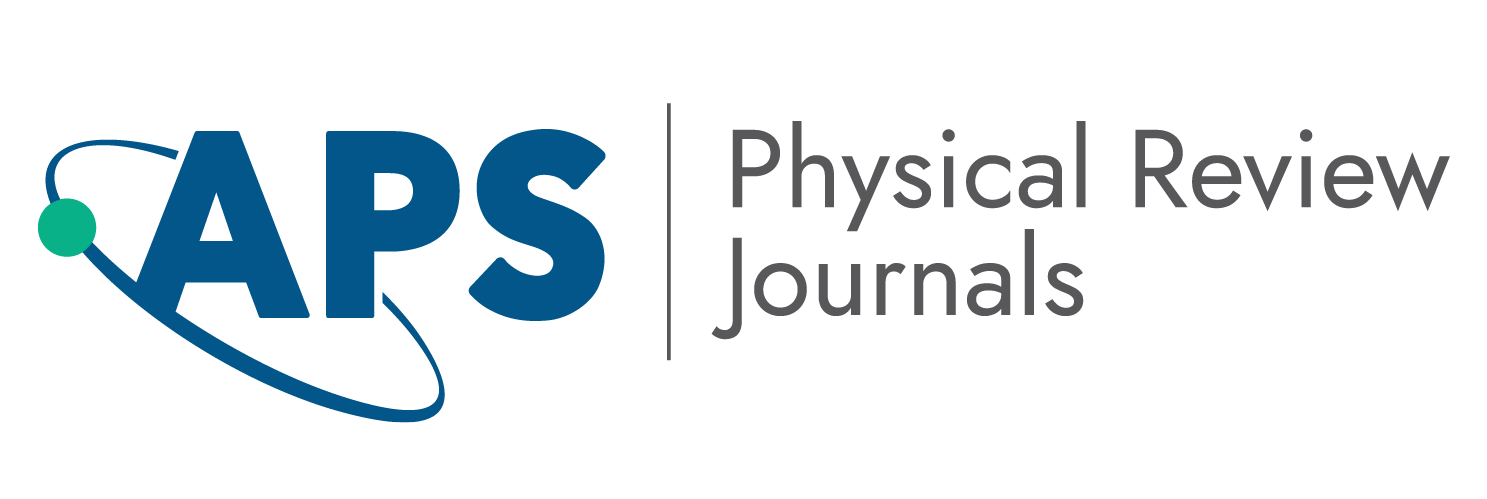Register for free
| |
 |
Physical Review Journal Club: Hard-constrained Neural Networks for Modeling Nonlinear Acoustics
Led by Luca Magri of the Imperial College London and the Alan Turing Institute
Friday, January 26, 2024, 12:00 p.m. ET
This free, thirty-minute online discussion will feature a presentation of the research published in the paper "Hard-constrained Neural Networks for Modeling Nonlinear Acoustics" from authors Defne Ozan and Luca Magri. After the talk, the authors will be available to answer all attendee questions in a live Q&A session moderated by the Associate Editor of Physical Review Fluids, Karthik Duraisamy (University of Michigan). | Details:
Physical Review Journal Club: Hard-constrained Neural Networks for Modeling Nonlinear Acoustics
Led by Luca Magri of the Imperial College London and the Alan Turing Institute
Friday, January 26, 2024
12:00 - 1:00 p.m. ET
A recording of the Zoom meeting will be provided to all registrants.
Presenter:
Luca Magri, Imperial College London and the Alan Turing Institute
Moderator:
Karthik Duraisamy, Physical Review Fluids and the University of Michigan
Abstract Summary:
In this research, Magri and colleagues model acoustic dynamics in space and time from synthetic sensor data with the goals of predicting and extrapolating the spatiotemporal dynamics and reconstructing the acoustic state from partial observations. This was achieved by developing acoustic neural networks that learn from sensor data, while being constrained by prior knowledge on acoustic and wave physics. The approach was tested using a twin experiment, in which the data were produced by a prototypical time-delayed model. In the second test case, the data were generated by a higher-fidelity model with mean-flow effects and a kinematic model for the flame source. It was found that (i) constraining the physics in the architecture improves interpolation while requiring smaller network sizes, (ii) extrapolation in time was achieved by periodic activations, and (iii) velocity can be reconstructed accurately from only pressure measurements with a combination of physics-based hard and soft constraints. In acoustics and thermoacoustics, this works opens possibilities for physics-constrained data-driven modeling. Beyond acoustics, this work opens strategies for constraining the physics in the architecture, rather than the training.
Read ahead in Physical Review Fluids: About the Physical Review Journal Club:
Physical Review Journal Club meetings enable participants to meet leaders in the field of physics, and delve into the latest published research. Each one-hour Journal Club meeting includes a presentation followed by moderated Q&A time with the participating researcher(s). This free, open-to-all webinar series offers a rare opportunity to engage with the authors of key scientific developments in a friendly, "Ask Me Anything" format. | | | |




No comments:
Post a Comment